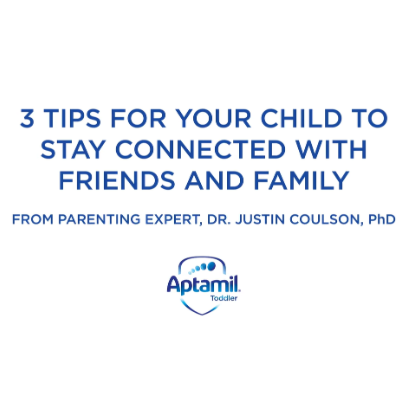- Independence is important for self–esteem
- Encourage your child to make small decisions
- Treat your toddler in the same way you’d like to be treated
7 simple tips to encourage independence in kids

Key points
Independence is a quality that we should strive to teach children. As they move through the world and begin to conquer milestones, it’s essential that they develop autonomy and a sense of self-esteem derived from their own choices and actions. Here are 7 simple ways that you can encourage your child to begin to spread their wings.
1. Let them dress themselves
Part of independence is having the autonomy to make choices – but small children aren’t in control of many elements of their lives because parents make many of their choices for them. One way to encourage decision-making is to let your toddler choose their clothes for the day. While they might come up with some outlandish combos, it’s a great way to let them practise decision making.
2. Present them with choices
You can let your toddler practise making decisions in other areas of their life by offering them choices. For example, ask them to pick between two snacks or select an activity for playtime. Talk about their decisions with them, so they learn to think through their actions and plan for consequences.
3. Encourage independent play
Let your little one take the lead at playtime while you keep an eye on them. Try not to direct their attention or distract them as they explore, but rather let them experiment and discover – free play is the best type of play for young children. Be on hand to provide support and encouragement as they play.
4. Be clear in your communication
Talk to your child in a direct way they can understand, so they see – and feel – that they’re being treated with respect. Keep it simple, be clear in your expectations and any subsequent consequences so they have an understanding of their responsibilities.
5. Assign tasks
Speaking of which, you can try to give your little one developmentally appropriate chores – whether that’s cleaning up a spill, sorting the washing or putting toys away. Be ready to offer words of encouragement and praise when they complete these tasks to help foster their self-esteem.
6. Look for the source of tantrums
Toddlers have minimal means to assert their independence, and one of the few ways they can do so is by throwing a tantrum. When this happens, once they’re calm, talk through their feelings and help them to put words to their emotions. Everyone, regardless of age, wants to feel heard – so listen as best you can.
7. Leave them with trusted carers
Ideally, your little one will have formed a secure attachment with you and your co-parent, but as they get older they’ll gradually add others to their attachment hierarchy. You can help this process by ensuring they spend short periods away from you with a close carer – like a grandparent. It may be hard (for both of you) to begin with, but it’s a key step in developing independence.
Related pages

Get in touch with our Careline experts
When your little one is unhappy or unwell you want reliable support from a trusted source. Our Careline team of nutritionists, dietitians and midwives specialise in infant and child health, offering free nutrition, feeding and product information.
Every feeding journey is unique
Not every parent can produce breast milk. No matter what choice you make, we will support your unique feeding journey.
We at Nutricia believe in providing the best nutrition for babies, which is why we recognise breast milk is uniquely superior for babies as it provides many benefits. It is important that mums have a healthy diet to support breastfeeding. A decision not to breastfeed, or partial bottle feed, may reduce breast milk supply making it difficult to reverse. The cost and social implications of using feeding methods should be considered. Always seek professional advice about feeding your baby. Ensure formula is used as directed as improper use can affect baby’s health.
REMEMBER: The information on this page is general only. If you have any concerns about your baby’s poo or questions about constipation or any other health concerns, please speak to a healthcare professional, like a Pharmacist, GP or Maternal Child Health Nurse.



